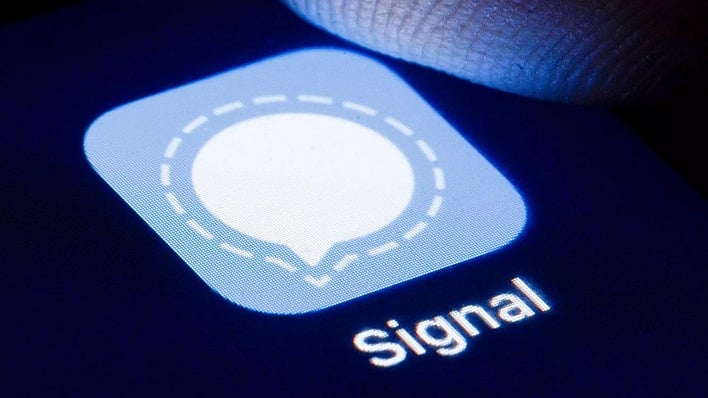The US Government Wants Signal’s Private User Data That It Simply Doesn't Have

The messaging app landscape is kind of a wasteland of apps with similar feature sets, with a few standouts. Facebook's Messenger is popular, of course, as are services like Discord, WhatsApp and Telegram. Secure messaging app Signal is rapidly growing in popularity, though, largely because of its main differentiating feature: true end-to-end encryption of user data. Because of this, all activity you perform in the app is secure from prying eyes, from the messages you send to the reaction GIFs you search for.
It's that same feature that seems to be frustrating US government officials, however. According to a post on the Signal blog, a federal grand jury in the Central District of California has subpoena'd Signal for a whole pile of user data, like subscriber information, financial information, transaction histories, communications, and more.
The thing is, the subpoena is moot: Signal simply doesn't have the data to provide. The company can't provide any of the data that the court is asking for because, as the company itself notes, "Signal doesn't have access to your messages, your chat list, your groups, your contacts, your stickers, [or] your profile name or avatar." In fact, the only things that Signal can offer up to the court are Unix timestamps for when the accounts in question were created and last accessed the service, and nothing more because the data is not captured or stored and simply doesn't exist.
The announcement (and, we suppose, this news post by association) essentially amounts to an advertisement for Signal because the service is also demonstrating its commitment to user privacy, but it's also an amusing—or possibly distressing—anecdote nonetheless. While Signal is secure, keep in mind that the messages still originate from your device, which means that other apps on your device (like, say, even your keyboard) could still be leaking your data. Lest you have doubts of Signal's claims, the app creators have published the court's subpoena itself, suitably redacted, on their blog.

